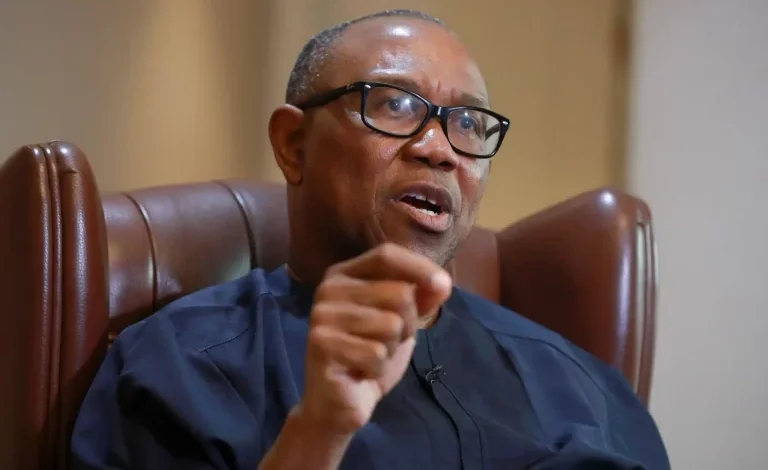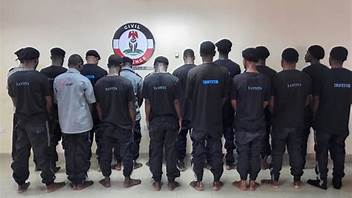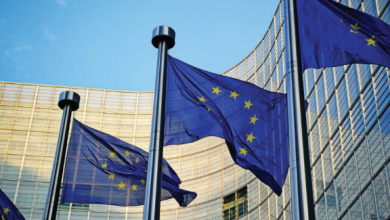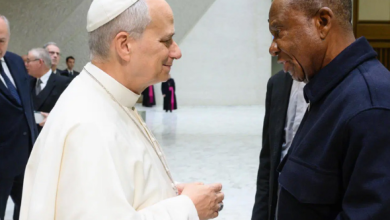Obi criticises FG, seeks dialogue after Kanu’s life sentence

The conviction of Indigenous People of Biafra (IPOB) leader, Mazi Nnamdi Kanu, has sparked strong reactions across the country, with former Labour Party presidential candidate Peter Obi faulting the Federal Government’s approach and calling for a political, rather than punitive, solution.
Mazi Kanu was sentenced to life imprisonment by the Federal High Court in Abuja after being found guilty on terrorism-related charges, including inciting attacks and belonging to a proscribed organisation.
Reacting on Saturday through a statement posted on X, Obi said Kanu’s sentencing risked heightening tensions at a time when citizens were already grappling with severe economic challenges, insecurity, and what he described as failures of leadership.
He argued that the government mishandled the matter from the very beginning by relying on force rather than dialogue.
According to him, the arrest, prolonged detention, and eventual conviction of the IPOB leader signalled “a breakdown in leadership engagement” and a misreading of the underlying grievances fueling separatist sentiments.
Obi emphasised that meaningful dialogue and inclusive governance remain the only sustainable routes to peace.
“Engagement should always precede coercion,” he stated, urging the government to adopt reconciliation over punitive measures.
The former Anambra governor appealed to the Presidency, the National Council of State, and eminent national figures to step in and help engineer a political settlement.
He insisted that the country cannot seek unity through force, stressing that national healing requires deliberate, inclusive efforts.
“If we genuinely aspire to build a united Nigeria, then our leaders must prioritise understanding over confrontation and cooperation over division,” he wrote.
Justice James Omotosho, who delivered the judgement on Thursday, held that Kanu used his broadcasts to incite violence, encourage attacks on security formations, and threaten both domestic and international interests.
The court maintained that Nigeria’s unity is non-negotiable and ruled that self-determination cannot be pursued through violent means.
The court also ordered the confiscation of the communication equipment linked to Kanu’s broadcasts and directed authorities to hold him in a high-security facility without access to digital communication tools.
Kanu’s lawyers, however, have vowed to challenge the ruling, describing the life sentence as disproportionate and legally contestable.
Following the judgement, DSS authorities moved Kanu from their Abuja detention facility to the Sokoto Custodial Centre, in compliance with the court’s directive that he be placed in a correctional institution outside Kuje.
His former counsel, Aloy Ejimakor, criticised the transfer, warning that it distances the IPOB leader from his family and legal team.
Kanu’s legal troubles date back to his 2015 arrest on charges of treasonable felony and terrorism. After fleeing the country in 2017 following a military operation at his residence, he was re-apprehended in Kenya in 2021 under disputed circumstances.
His rendition back to Nigeria sparked international debate and has remained one of the most contentious legal battles in the country.
His prosecution has continued for nearly a decade, frequently generating political, legal, and regional tensions across the South-East and beyond.



